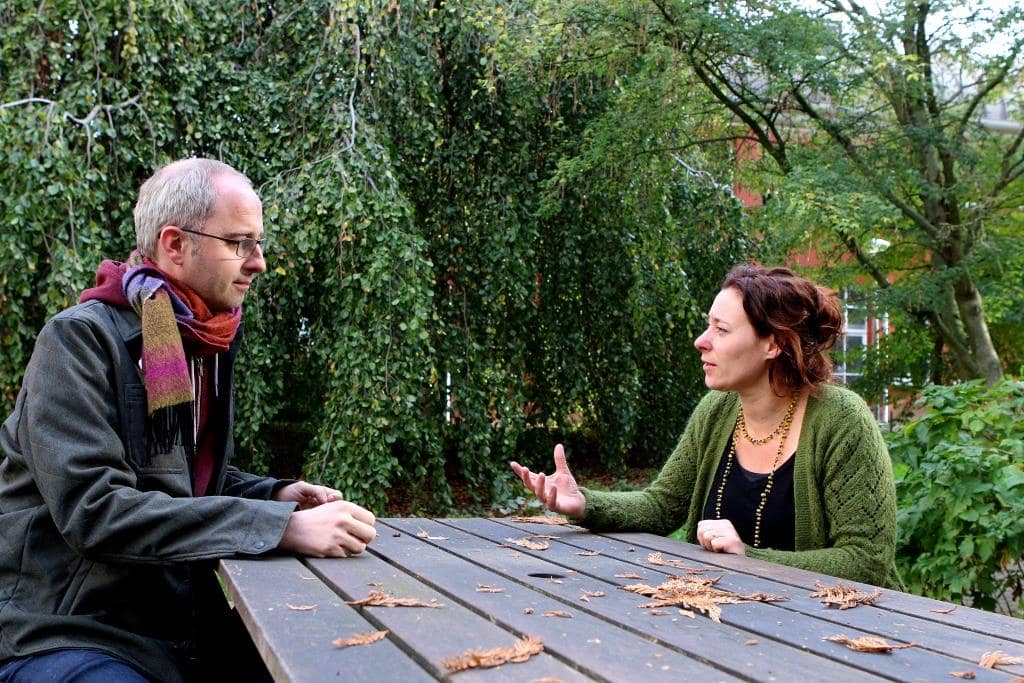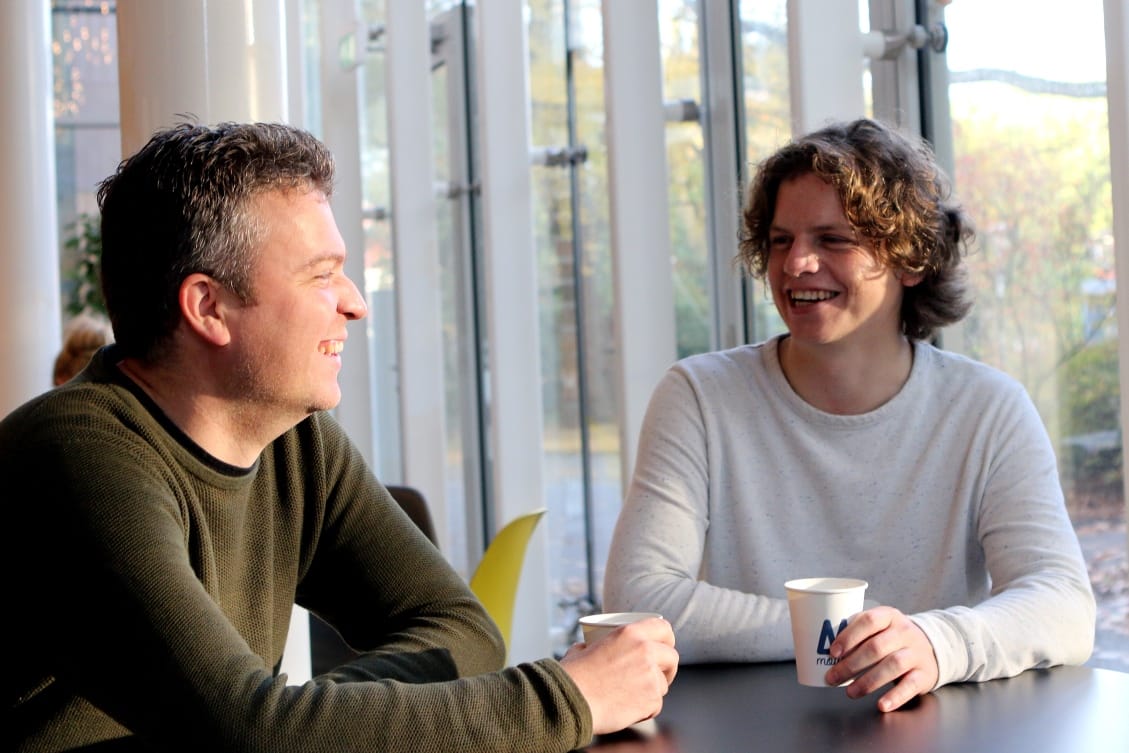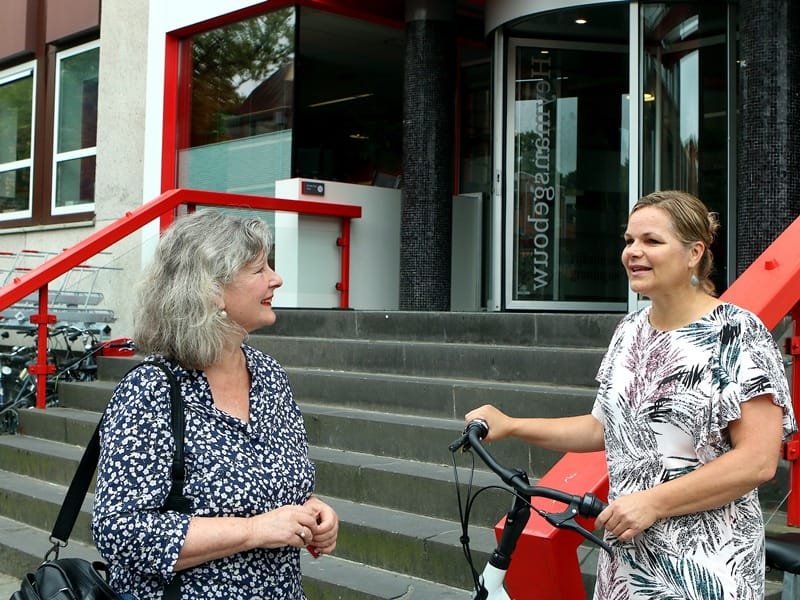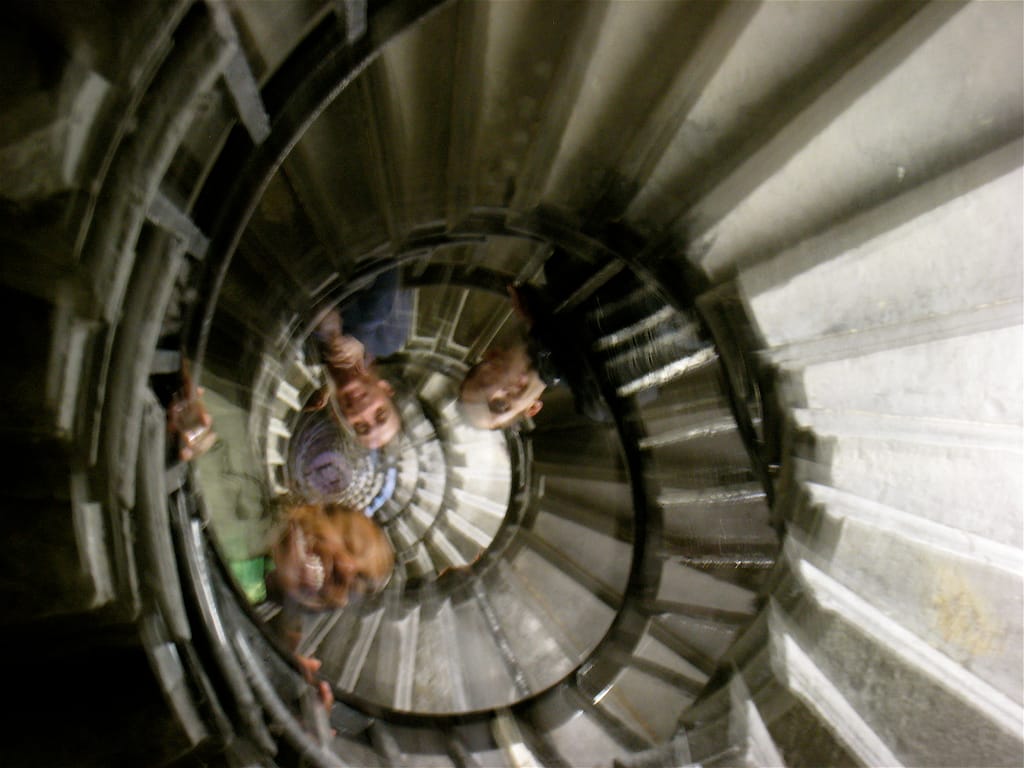Christmas and New Year are here again. In terms of happiness, often a joyful time of the year. However, for some, not so much. Fortunately psychology can give insight into what may improve your mood during this period. Besides, I offer some suggestions for research papers that should make your work or study break more fun. Happy holidays!
I decided to write this blog about writing and citing after stumbling upon a phantom article – a cited article on how to write that does not actually exist, but nonetheless has been cited hundreds of times.
What do professors do all day? Did you know that they are also expected to complete various administrative tasks? Mindwise decided to lift the veil on one task regularly being taking on by professors: being an editor for a scientific journal. Specifically, we asked Dr. Rafaele Huntjens about being an Associate Editor for the Journal of Behavior Therapy and Experimental Psychiatry and Dr. Kai Epstude about being Editor-in-Chief for Social Psychology.
Who has not heard of Veni-Vidi-Vici? In grant land, these are three types of subsidies awarded to outstanding junior, intermediate, and senior researchers, respectively. This year, the Netherlands Science Foundation NWO included Dr. Maarten Eisma (Clinical Psychology) and Dr. Bertus Jeronimus (Developmental Psychology) among its Veni grantees. In light of this exciting development in their research careers, Mindwise decided to ask Drs. Eisma and Jeronimus about their grant writing experiences.
Clinical psychology training centers around the scientist-practitioner model, which posits that psychologists working in mental health care (MHC) should combine clinical practice (i.e., assessment, diagnosis, and treatment of people with psychological problems) with scientific research (e.g., participating in clinical trials of new psychological therapies, conducting literature reviews). Yet MHC institutes may also employ psychologists whose primary task is setting up and executing clinical research.
Last year I wrote a blog post on Blue Monday, an international day which serves to raise awareness for depression. This year, Blue Monday was on January 15. The week before, on January 9, the Dutch Ministry of Public Health started a national campaign with the aim of making it easier to talk about depression, […]
Many women of reproductive age use a hormonal method of birth control, often referred to as “the pill”. While pill use is often ignored when analyzing psychological data, the effects of its hormones on the brain and mind may confound conclusions drawn from such data.
One Monday in mid-to-late January is said to be the most depressing day of the year. For the past 12 years, a Welsh psychologist has been associated with this day. He has become known as the brain behind Blue Monday, allegedly developing the formula used to calculate the date. But what is the real story, and how has it developed over time?
In a recent publication on the Association for Psychological Science website, shared meals were promoted for their positive effects in workplace settings. The results may be relevant for Heymans staff. And what about interactions with students?
The recent Noorderlicht Photo Festival featured a series of photos on people using smartphone apps for tracking their mood, sleep, et cetera, sometimes for years. Ecological momentary assessment is a related psychological method for studying people in their natural environments rather than in the laboratory.










